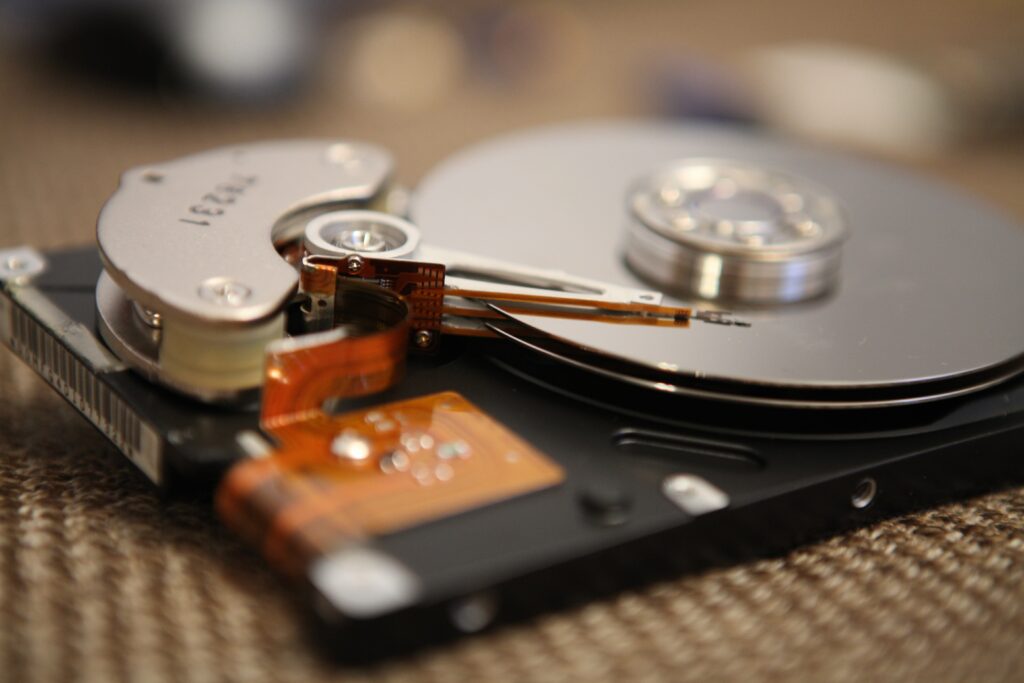A hard drive is an important component of a computer system that stores data permanently. However, hard drives can slow down over time, resulting in sluggish performance and longer load times. There are various reasons why this can happen, ranging from software issues to hardware failures. In this article, we will explore some of the most common causes of a slowed hard drive and what you can do to resolve them.

One possible cause of a slowed hard drive is fragmentation. This occurs when files are saved to a hard drive and saved in smaller fragments, causing them to become scattered across the hard drive over time. To address this issue, you can utilize the built-in Windows Disk Defragmenter tool, which will analyze your hard drive and move files around so that they are saved in contiguous blocks of space, which can improve access times and overall performance.
Malware is another possible culprit of a slowed hard drive, such as viruses and spyware. Malware can consume system resources, cause errors, and data corruption, which can lead to slower read and write times. To safeguard your hard drive from malware, it is crucial to install an antivirus program and keep it up-to-date. Additionally, it is important to avoid downloading software or files from untrusted sources and being cautious of email attachments from unknown senders.
A failing hard drive can also cause a slowed system, caused by physical damage or wear and tear. Symptoms of a failing hard drive include slow access times, frequent crashes, and strange noises coming from the drive. If you suspect that your hard drive is failing, you should back up your data immediately and replace the drive as soon as possible. Continuing to use a failing hard drive can result in permanent data loss.
Outdated drivers can also cause performance issues and slow down your system. Drivers are software programs that allow your operating system to communicate with your hardware. To update your hard drive drivers, you can use the Device Manager in Windows, which will search for and install any available updates.
Low disk space can also cause performance issues and slow down your system. When a hard drive runs out of space, it has to work harder to find available space to save files. This can lead to slower access times and longer load times. To free up space on your hard drive, you can delete unnecessary files and programs. You can also use the built-in Windows Disk Cleanup tool to remove temporary files and other unnecessary data.
Background processes, such as antivirus scans or system updates, can cause a hard drive to slow down by using up system resources. To reduce the impact of background processes on your system, you can adjust your settings to run scans and updates at a time when you are not actively using your computer. You can also limit the number of programs that run at startup to reduce the impact on system resources.
Overheating is another potential cause of a slow hard drive and can even cause it to fail. When a hard drive overheats, it can lead to data corruption and damage to the drive. To prevent overheating, you should ensure that your computer is adequately ventilated and that the fans are working correctly. Additionally, avoid using your computer in hot environments or placing it in direct sunlight.
In conclusion, a slow hard drive can be frustrating, but there are various steps you can take to address the issue. By identifying and resolving common causes, you can improve the performance of your hard drive and ensure that it continues to function optimally.
